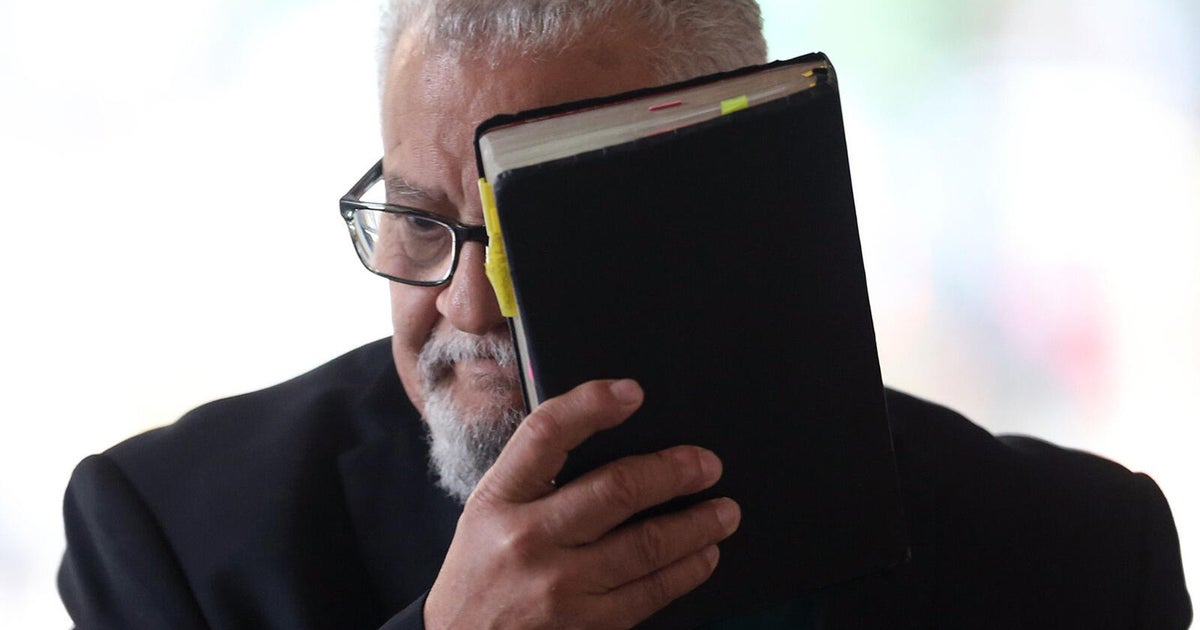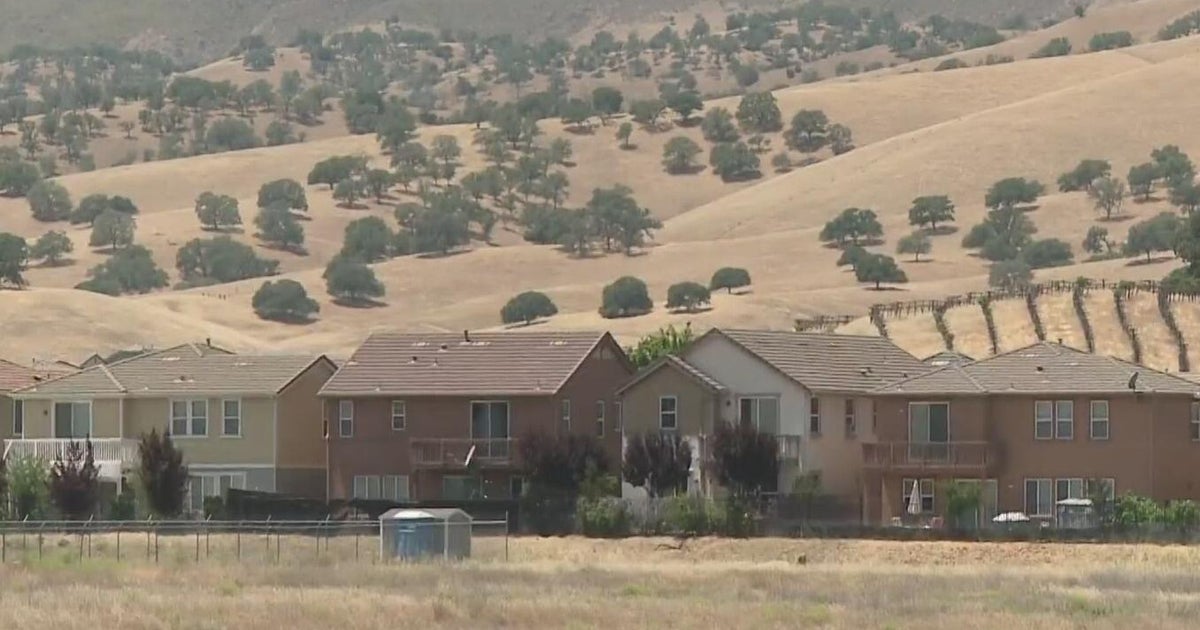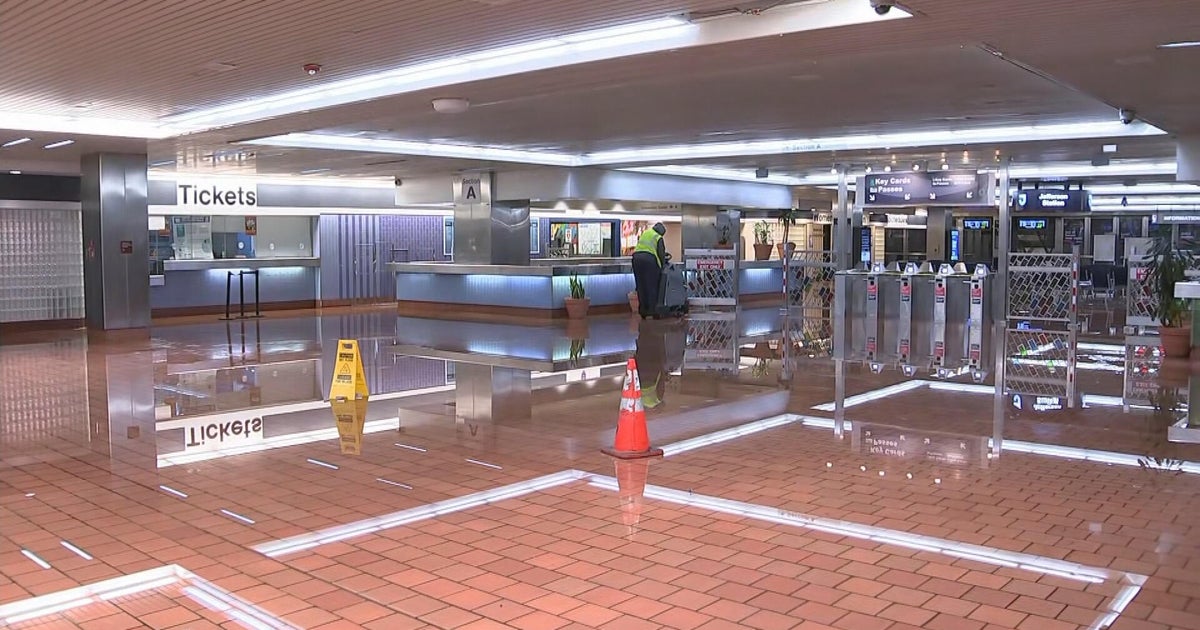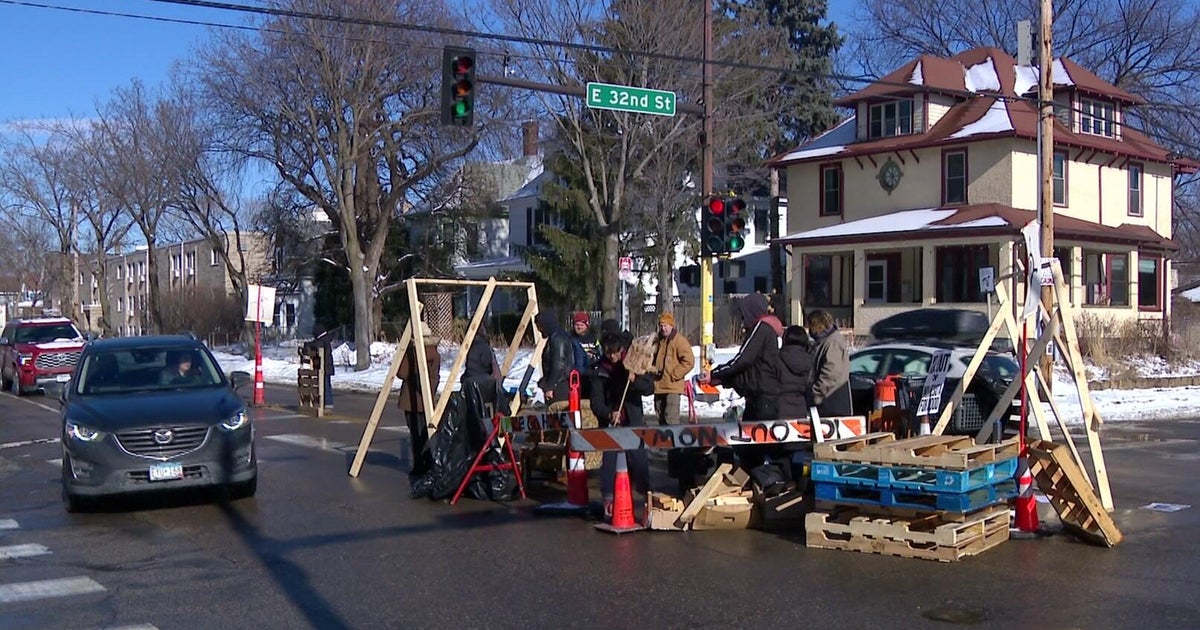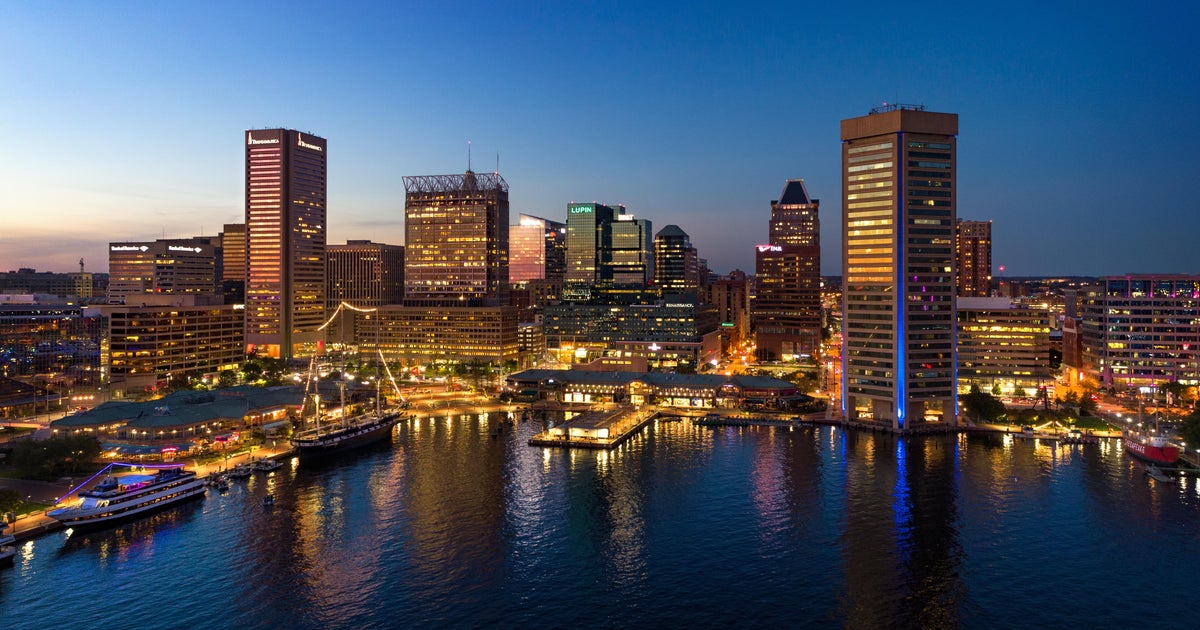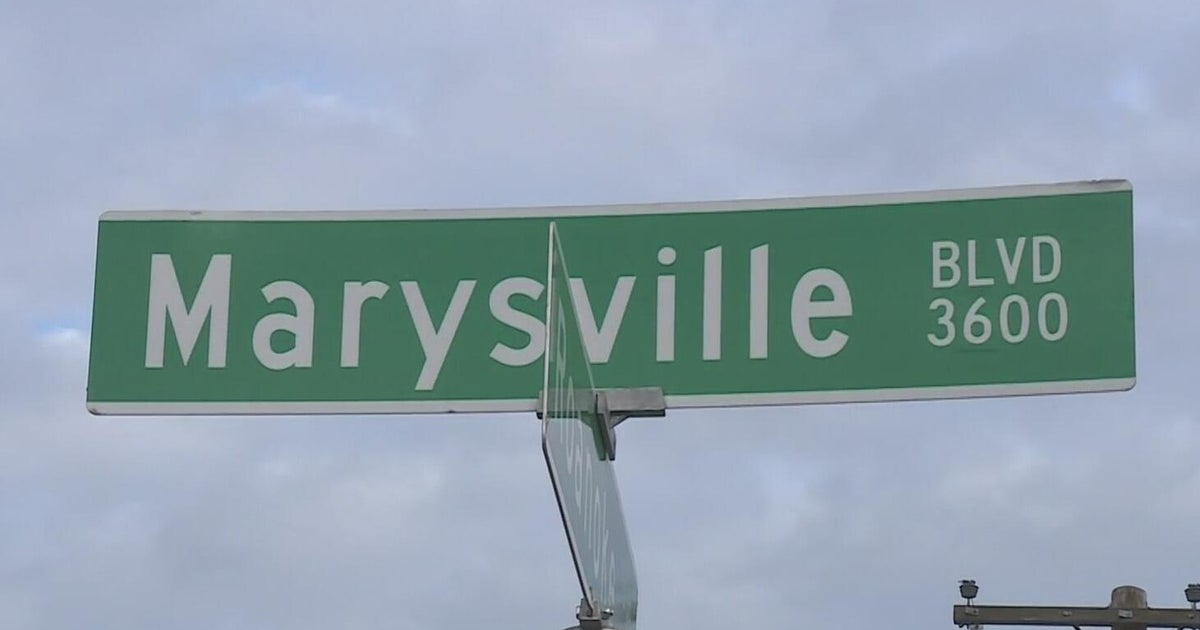Pressure mounts for Chicago to replace lead pipes faster as EPA weighs new rule
CHICAGO (CBS) – For Chicago residents whose home was built before 1986, there's a good chance a lead pipe services their house.
The Environmental Protection Agency proposed new rules last week calling for all lead pipes to be removed in a decade. As CBS 2's Noel Brennan reported, that would be a difficult task in Chicago.
The problem buried beneath Chicago's streets is no longer hidden, and it was the focus of a City Council hearing on Wednesday.
"We are the lead pipe capitol, and that's nothing to be proud of," said Vanessa Bly, a Southeast Side resident, during Wednesday's hearing.
Bly gets her water through a lead service line, one of more than 400,000 in the city.
"I'm a fourth-generation Southeast sider," she said. "I probably have this water, this lead water in my DNA, in my blood."
She spoke at the hearing that came on the heels of the EPA's new plan to rid the country of lead service lines in 10 years.
"We want 10 years full replacement of these lines so that we don't have to go more generations just taking in these levels of lead because there's no safe level of lead," said.
The city's water commissioner, Andrea Cheng, said the goal is to replace at least 10,000 lead service lines a year. At that rate, it would take at least 40 years for Chicago to get rid of all the lead.
"We need to move faster," said Iyana Simba, the Illinois Environmental Council's city programs director. "We can't afford to risk people's lives and risk the safety of our water for the next 40 to 50-plus years."
A joint committee called on the city's water commissioner to talk about the state of lead service line replacement.
"Lead service line replacement requires a lot," Cheng said. "It's not just going to a house, knocking on a door and starting construction, right."
Cheng said work to replace lead lines started in 2021, and more than 4,200 have been removed so far. She estimated it would cost $10 to $20 billion to complete the job.
"The work being done is near stagnant and needs to be addressed urgently," Bly said.
The city faces financial and workplace hurdles, and now, mounting pressure from the public to get the lead out.
"We need to have safe, clean drinking water," Bly said. "It's a basic human right."

